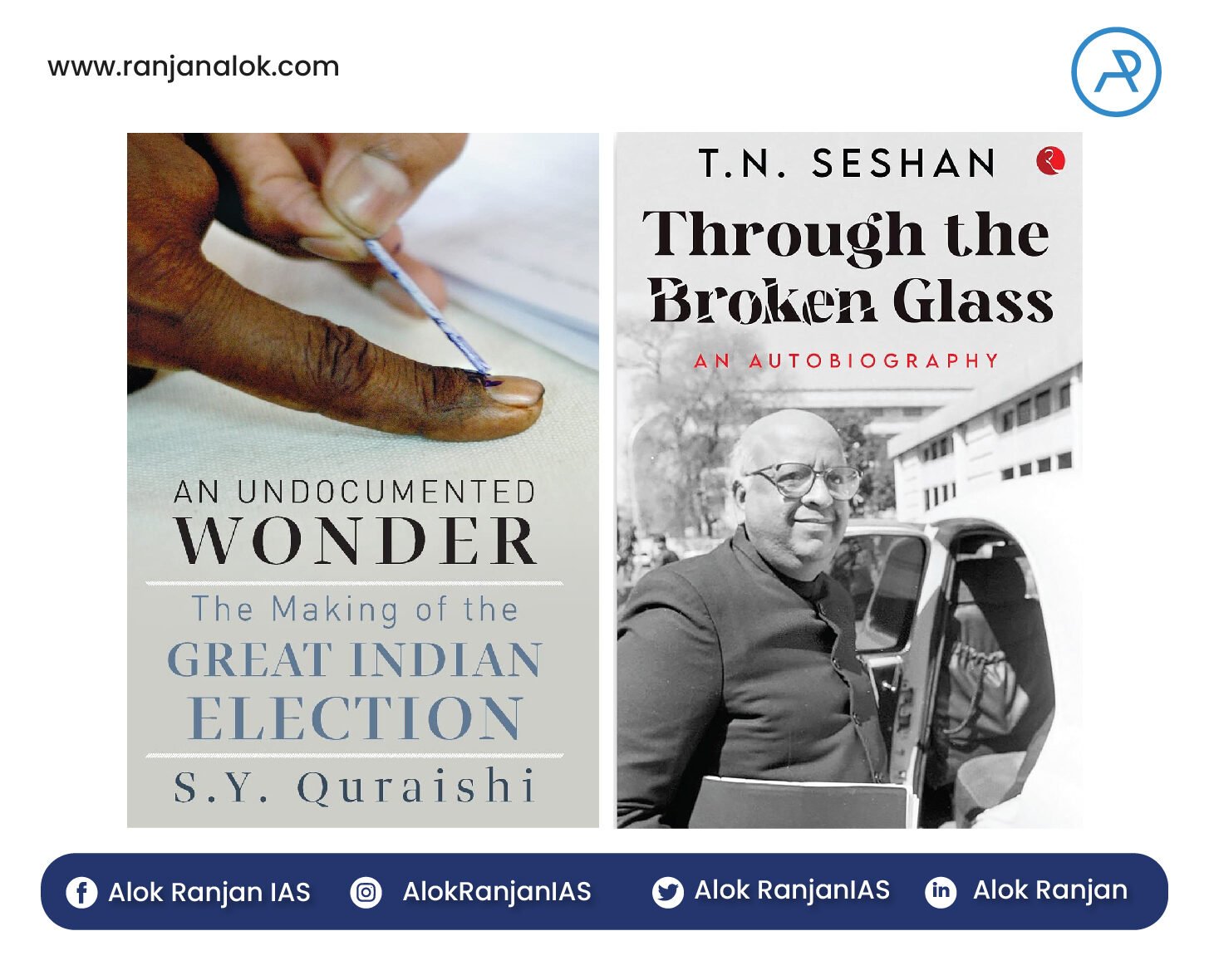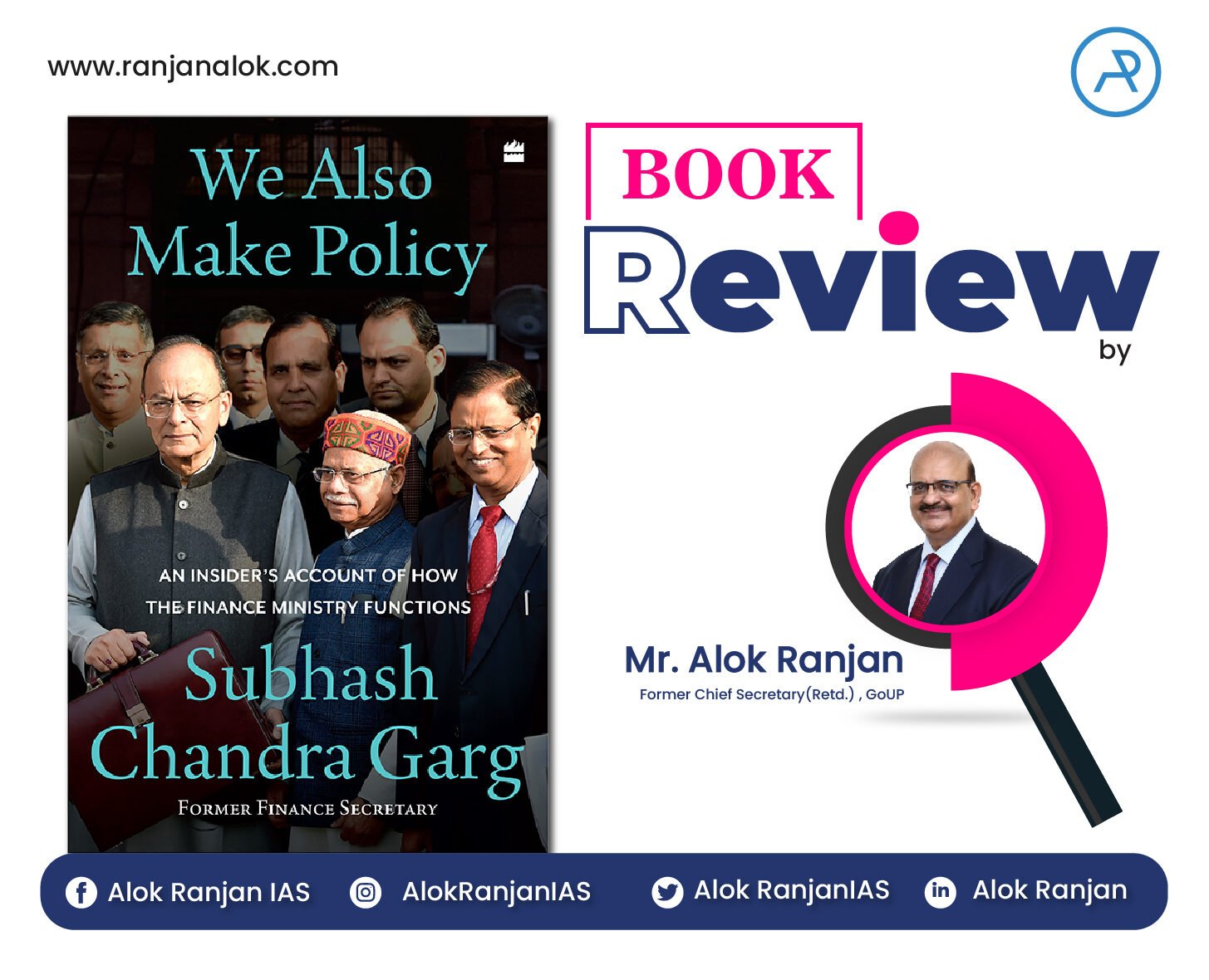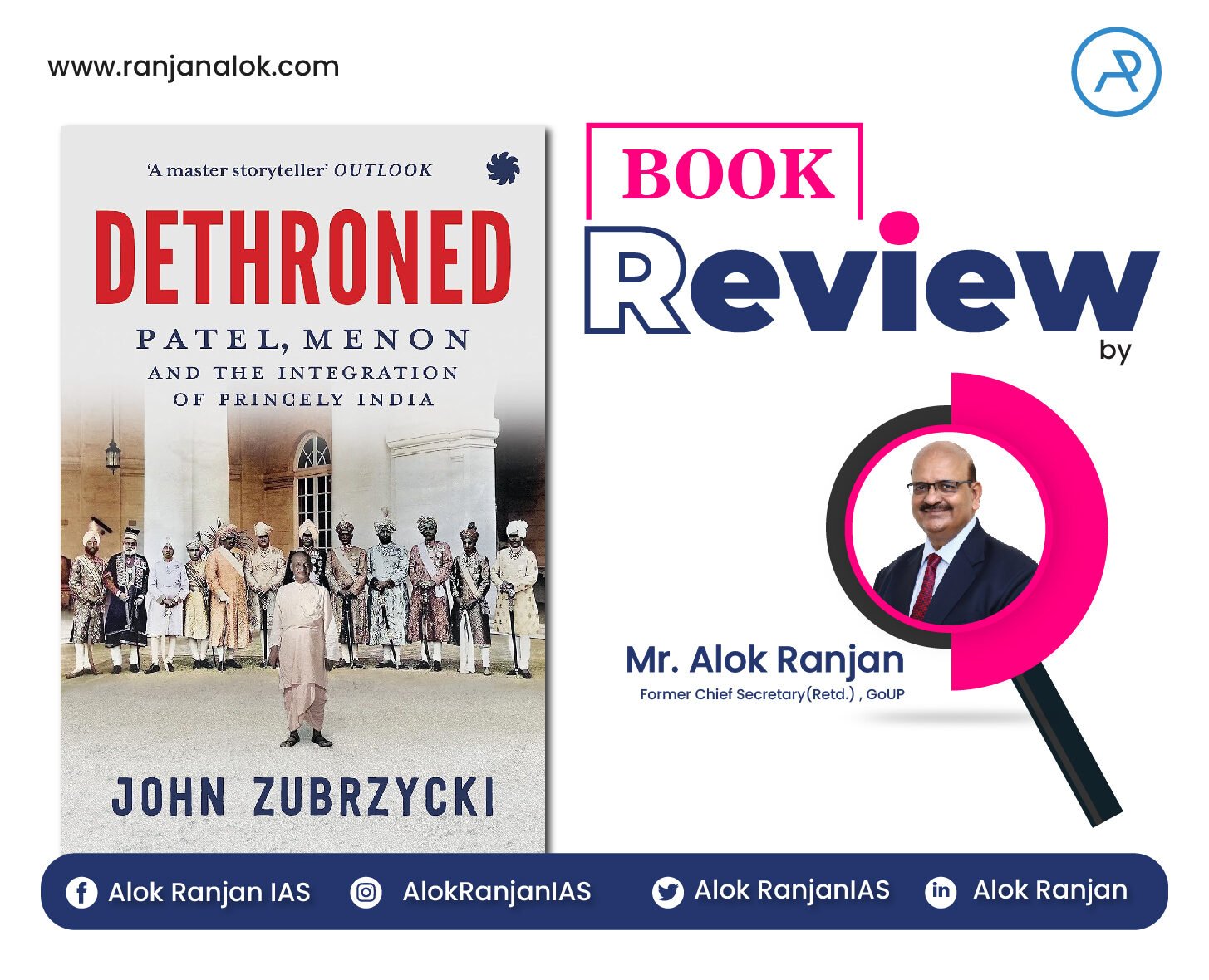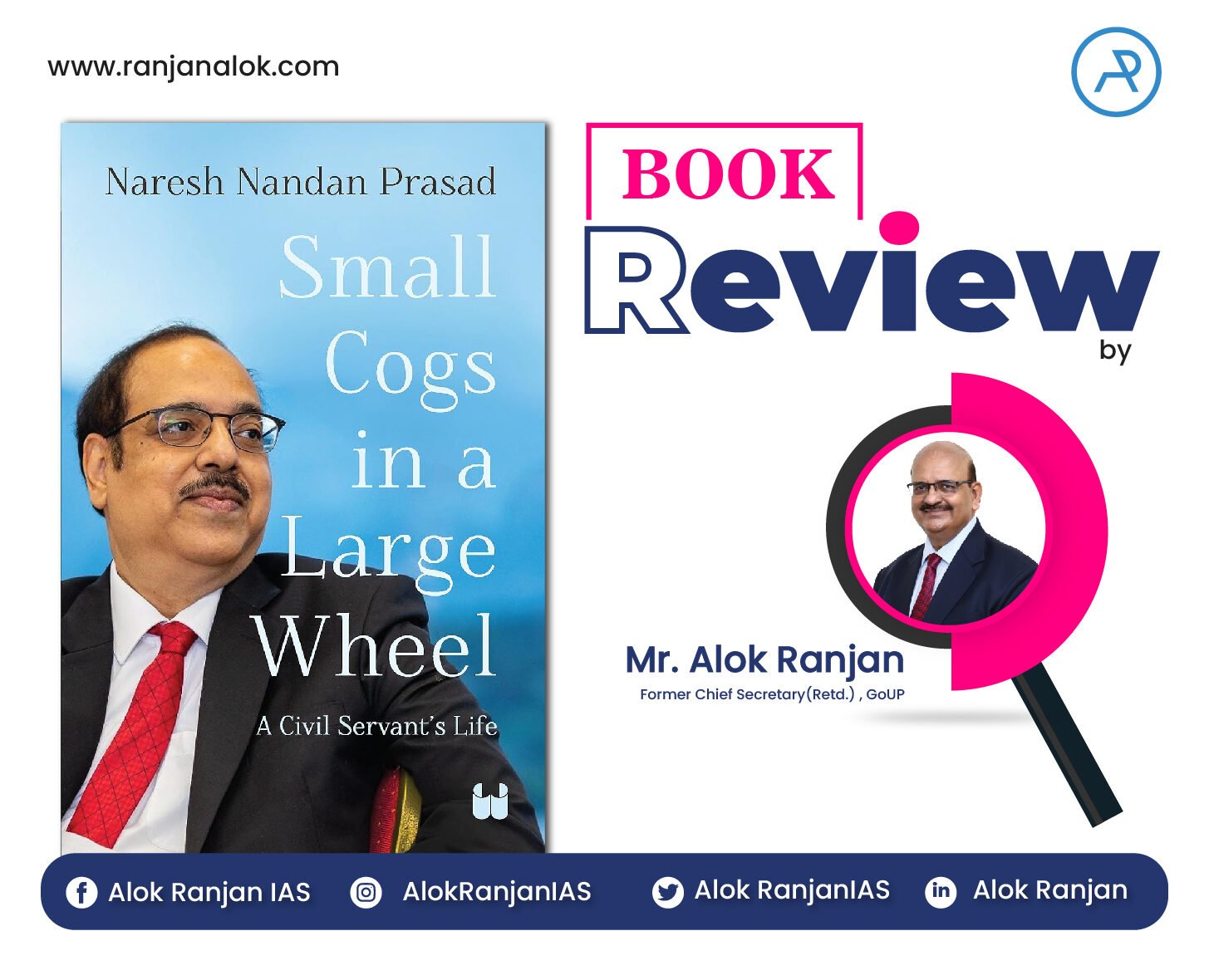Two books on Indian elections
The elections are going on and everybody is excited and involved in the entire election process. People vote in the elections and discuss issues. Questions are also raised at times on the election commission of India. Being a retired IAS officer I have been involved in the conduct of several elections during my career and I am convinced that the conduct of elections by the election commission and the District Magistrate and his team is truly a miracle. There are 98 Crore voters residing in various parts of the country and they participate in the election process the conduct of which is indeed a great example of Leadership and effective management at the district level as well as at the election commission level.
Most people are not aware of the humungous logistics and tremendous amount of coordination, team work and people management that is involved. In fact India should be proud of its achievement in conducting an election of this scale with so much efficiency. Conducting of free and fair elections is the very foundation of our vibrant democracy. Few people would appreciate what an unimaginable and almost impossible task it must have been for the first Chief Election Commissioner Sukumar Sen IAS to conduct the first elections in 1952 on the basis of universal adult suffrage. He had to set up the institution of the election commission and prepare all guidelines and processes for the elections. He did not have the benefit of any precedent. In 1952 there was hardly any technology to support him. Literacy levels in India were only 20%. It was because of this that using symbols came into practice so that those who could not read could also vote.
I have recently read two extremely informative books about elections in India which I recommend should be read by all those interested in Indian democracy and leadership. The first one is “An undocumented wonder- the making of the great Indian elections” by S. Y. Quraishi who held the post of Chief Election Commissioner. He details the entire election process. You would be amazed to find that a team of six polling personnel had to be dispatched to a village which had only one eligible voter! The right to vote to even one voter cannot be denied. The book also talks about how polling teams are sent to the remotest corners of the country like snow capped mountain villages and desert areas. The teams often have to trek for several days to reach the polling booths and use all modes of transport like bullock –carts, camels or sometimes even elephants! The book also brings out the evolution of the election process over time and gives excellent suggestions for electoral reforms.
The second book is the autobiography of the irrepressible and controversial Chief Election Commissioner TN Seshan titled “Through the broken glass”. Seshan revolutionized the election process and scrupulously ensured its independence. He put the fear of the election commission in the minds of all political parties and candidates and our democracy today owes a lot to Seshan. His leadership style would not correspond to most leadership theories. Frankly, even I would be hesitant to subscribe to it. He was arrogant, aggressive, abrasive and in the words of many of his contemporaries a bully. Yet at the time when he took over the election commission it was not feared by the political parties and there were many electoral malpractices. Seshan realized that the people’s representation act and the rules did not give him much teeth but he used article 324 of the constitution which gave him powers to conduct and supervise elections in a liberal manner and threatened and bulldozed his authority and put the fear of election commission in the minds of all. There is an interesting incident in the book where he makes the Government of that time apologise in writing to him when he objected to the endavour of the Government to try and dictate to him. He reveled in controversy and was always combative. Like him or not but he made a difference to the election process and the Indian democracy.




